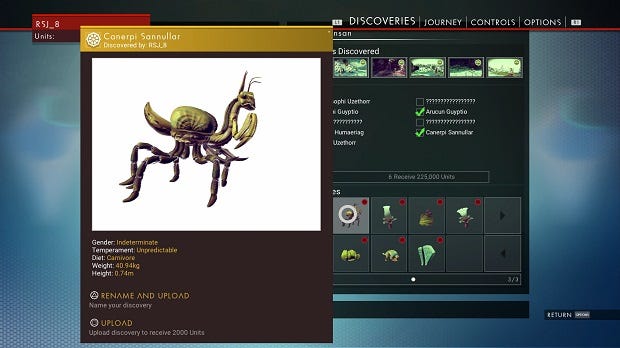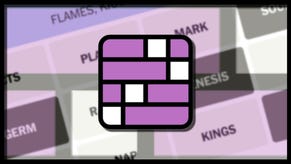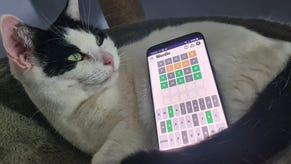No Man's Sky: How To Find Creatures Quickly
A final means to earn money in No Man's Sky is by logging the many discoveries you’ll make as you explore (though you’d think the many alien races who clearly got here first might’ve got around to that). Your findings are listed under the Discoveries tab of the pause menu. Anything marked with a red chevron has not yet been logged.
Discovering a new star system is an easy 5,000 units, while animal discoveries award about 2,000 units, and plants give about 500. There’s a large bonus if you can discover all the animal species on a planet. This bonus can run into the hundreds of thousands, and it’s pretty much the only way that exploration becomes almost as profitable as trade, so don’t aim for anything less if you’re going to take this seriously. With that in mind, we present a few quick tips for hunting animals.
Understanding your analysis visor
Grey pulsating dots indicate species that your visor can detect, but which are too far away to be identified. When you get close enough, light green dots indicate creatures you’ve already scanned, while red dots are unknown.
Creatures can look similar, but be different
Sean Murray has said that code exists in No Man’s Sky which simulates evolution, meaning creatures in the game may develop similar body parts as they adapt to a particular planet. We love this aspect of the game for its realism, but it can be a little misleading when trying to catalogue the species on each planet.
 Amazingly, there are two different species of alien horse-cow in this picture
Amazingly, there are two different species of alien horse-cow in this picture
The lesson: just because this squirrel-like thing looks similar to the squirrel-like thing you already scanned, don’t assume it is. It could have a different tail, or something, and though these differences may be minor, they all still count as individual analyses. Take the extra second and scan everything.
No Man's Sky: Where to find creatures
Animals don’t behave uniformly on Earth, and nor do they in space. Certain species may only spawn at night or in particular environments, such as caves, low (or high) altitudes, or in extreme weather conditions. If your planet has water, chances are good that some of its animal species will live in it (watch your oxygen gauge, and remember you can upgrade your exosuit to stay underwater for longer). And forgive us for stating the obvious, but look up; some animals fly.
 Easiest 200 credits I ever made.
Easiest 200 credits I ever made.
Kill quick animals to make them easier to scan
It may seem cruel, but objectively, dead things don’t usually move. Let’s see how humane you are when the last undiscovered species on a planet is a bird that keeps flying out of your scan range. If this happens, try and track it with your mining laser - black smoke indicates that you’ve scored a hit - and follow its corpse when it falls out of the sky.
 Bizarrely, all the treasure your animal friends unearth will be dodecahedron-shaped.
Bizarrely, all the treasure your animal friends unearth will be dodecahedron-shaped.
Get rare elements by feeding animals
If you’re looking for a reason to be kind as well as cruel, No Man’s Sky’s gentler creatures are it. You’ll notice you can feed certain animals - typically, the ones that don’t try to feed on you - with a common element like iron or carbon. If you do so, they’ll dance and chirp contentedly around you, flashing a smiley face. Stick around for a moment, and they will merrily lead you to resource caches, or dig up elements and present them to you as a way of saying thanks. Occasionally, these gifts can include the incredibly rare and valuable “precious” elements. In the Euclid galaxy, karma is real.
Though scanning an entire planet's worth of animals is a great way to make money, you can also do so by learning No Man's Sky's galactic market and learning how to efficiently gather resources. You'll also probably want to increase your ship and exosuit inventory slots. Or hit up our No Man's Sky guide hub for more.
Disclosure: Our Alec did some writing for No Man's Sky, and so doesn't write about it for us anymore.







